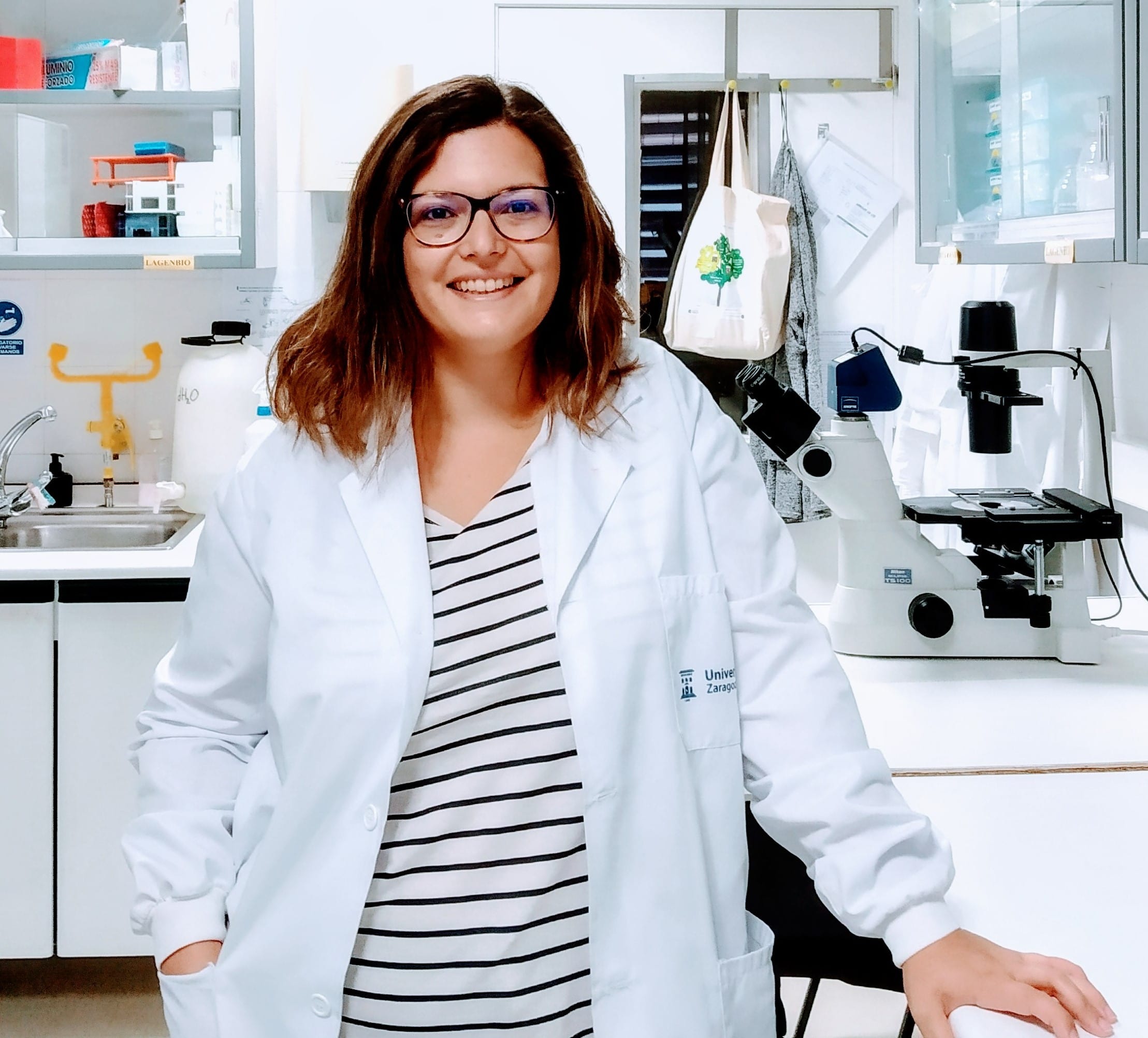-
Courses

Courses
Choosing a course is one of the most important decisions you'll ever make! View our courses and see what our students and lecturers have to say about the courses you are interested in at the links below.
-
University Life

University Life
Each year more than 4,000 choose University of Galway as their University of choice. Find out what life at University of Galway is all about here.
-
About University of Galway

About University of Galway
Since 1845, University of Galway has been sharing the highest quality teaching and research with Ireland and the world. Find out what makes our University so special – from our distinguished history to the latest news and campus developments.
-
Colleges & Schools

Colleges & Schools
University of Galway has earned international recognition as a research-led university with a commitment to top quality teaching across a range of key areas of expertise.
-
Research & Innovation

Research & Innovation
University of Galway’s vibrant research community take on some of the most pressing challenges of our times.
-
Business & Industry

Guiding Breakthrough Research at University of Galway
We explore and facilitate commercial opportunities for the research community at University of Galway, as well as facilitating industry partnership.
-
Alumni & Friends

Alumni & Friends
There are 128,000 University of Galway alumni worldwide. Stay connected to your alumni community! Join our social networks and update your details online.
-
Community Engagement

Community Engagement
At University of Galway, we believe that the best learning takes place when you apply what you learn in a real world context. That's why many of our courses include work placements or community projects.
Staff Profiles
Dr Laura Barrachina Porcar
Contact Details
E: laura.barrachina@nuigalway.ie

Biography
Research Interests
Peer Reviewed Journals
| Year | Publication | |
|---|---|---|
| (2023) | 'Induced pluripotent stem cells in companion animals: how can we move the field forward?'
Barrachina, L.,Arshaghi, T. E.,O'Brien, A.,Ivanovska, A.,Barry, F. (2023) 'Induced pluripotent stem cells in companion animals: how can we move the field forward?'. Front Vet Sci, 10 [Details] |
Honours and Awards
| Year | Title | Awarding Body | |
|---|---|---|---|
| 2020 | Marie Sklodowska-Curie European individual post-doctoral fellowship | European Union¿s Horizon 2020 research and innovation programme | |
| 2018 | `Coris Gruart¿ Research Award 2018 | College of Veterinary Medicine (Universidad de Zaragoza) | |
| 2017 | Graduate Student Award | Graduate school of the Universidad de Zaragoza | |
| 2013 | Pre-doctoral fellowship | Regional Government (Aragón, Spain); Co-funded by European Social |















